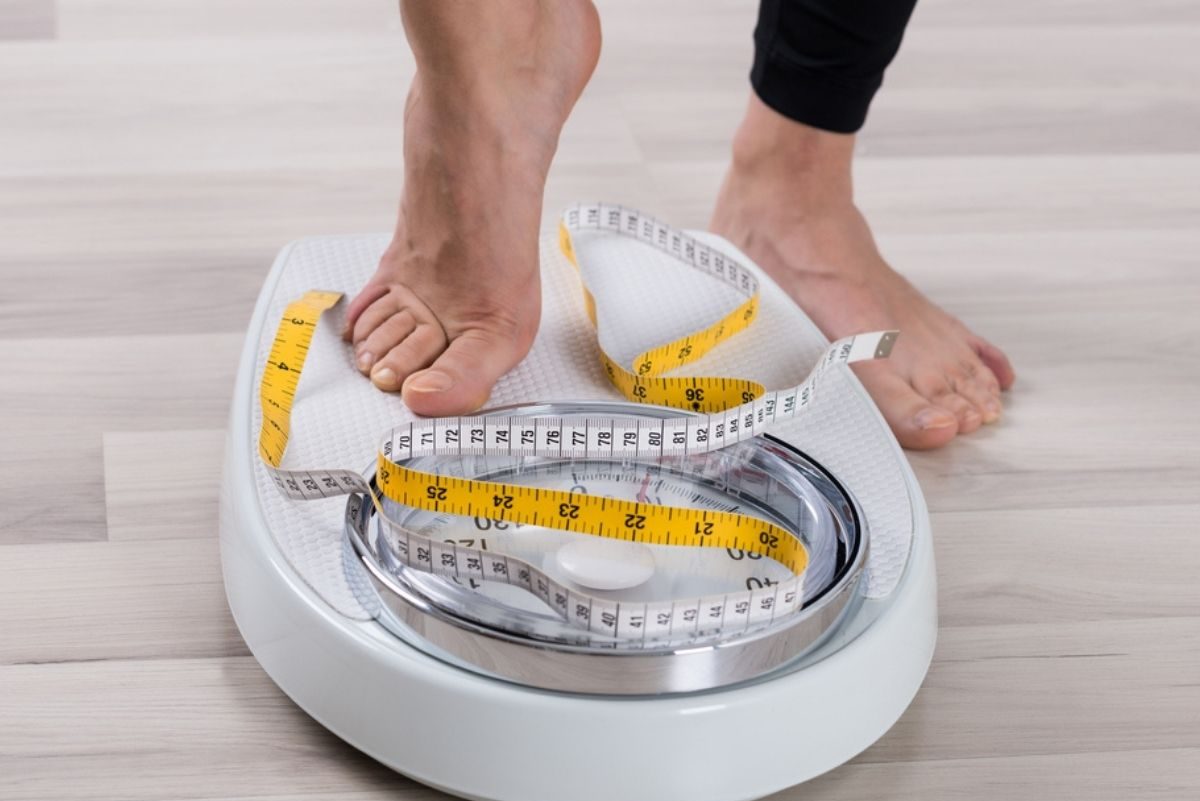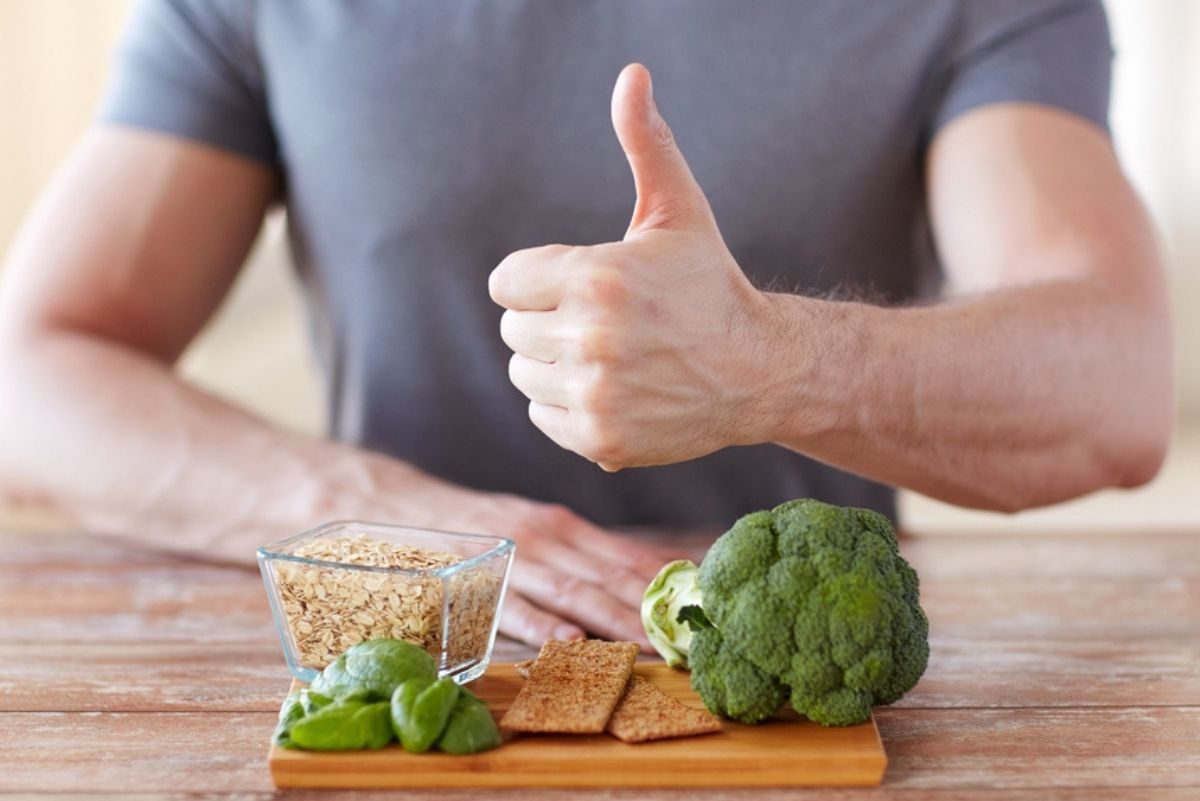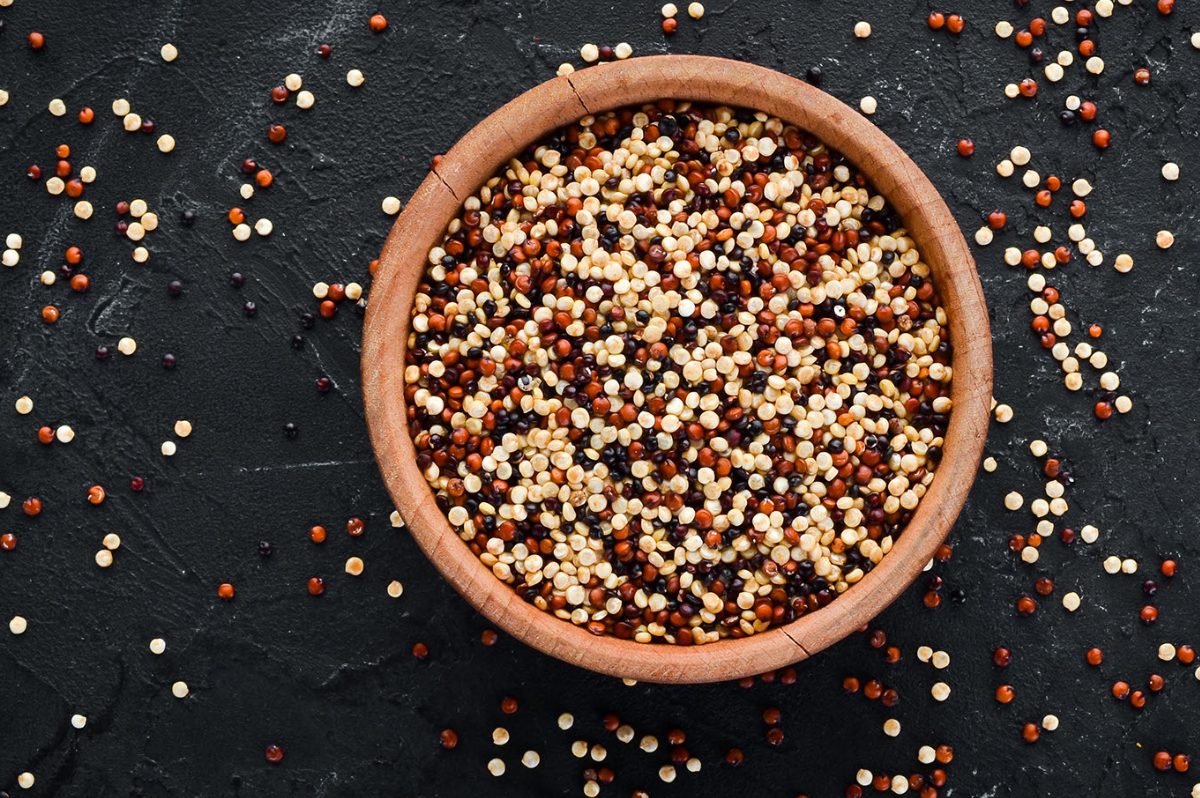Diabetes is a common condition that happens when, "your body doesn't make enough insulin or can't use it as well as it should," the Centers for Disease Control and Prevention explains. "When there isn't enough insulin or cells stop responding to insulin, too much blood sugar stays in your bloodstream. Over time, that can cause serious health problems, such as heart disease, vision loss, and kidney disease." Over 37 million Americans have diabetes and people are developing the chronic disease at higher rates, but there are ways to help reduce the risk. Eat This, Not That! Health spoke with experts who share preventive measures to take that help lower the chance of getting diabetes. Read on—and to ensure your health and the health of others, don't miss these Sure Signs You've Already Had COVID.
Dana Ellis Hunnes PhD, MPH, RD a senior dietitian at UCLA medical center, assistant professor at UCLA Fielding school of public health, and author with Cambridge university Press, of the new book, RECIPE FOR SURVIVAL says, "Being physically active helps regulate blood sugar levels, and utilizes glucose to fuel your muscle cells. It also helps regulate hunger and satiety hormones Ghrelin and leptin, and keeps your weight at a healthy level by lowering the risk of diabetes."
The CDC recommends, "Each week adults need 150 minutes of moderate-intensity physical activity and 2 days of muscle strengthening activity, according to the current Physical Activity Guidelines for Americans."

Hunnes explains, "When you walk after meals you are utilizing some of the carbohydrates that your body digests and turns into glucose. Your muscles are used as glucose and therefore can help lower the glucose spikes your blood by otherwise experiencing after a meal."

Lisa Richards, a nutritionist and author of the Candida Diet, "Blood sugar levels in women who have been diagnosed with gestational diabetes will typically return to normal once they give birth. However, around 50% of diagnosed women will go on to develop type 2 diabetes. The best way to prevent a type 2 diabetes diagnosis is to attempt to return to a normal body weight post delivery. During pregnancy, controlling your blood sugar as effectively as possible is a way to also reduce your risk of type 2 diabetes post pregnancy. Attempting weight loss during pregnancy is not a recommendation for reducing your risk of gestational diabetes. For those that are planning a pregnancy, it can be helpful to lose weight prior to pregnancy if you are overweight or obese. The Centers for Disease Control and Prevention has an easy way to calculate your BMI."

According to Hunnes, "A whole food plant-based diet tends to be lower in calories, higher in fiber and plant nutrients (phytonutrients), including antioxidants, vitamins and minerals. This type of diet is also anti-inflammatory which can help lower the risk of diabetes and other chronic conditions as well. It also tends to help people maintain their weight or lower their weight, by lowering the risk and potentially even reversing the risk of diabetes."

Trista Best, MPH, RD, LD tells us, "The nutrient combination in quinoa makes it an excellent food for lowering risk of diabetes and many other chronic conditions, like heart disease. The fiber and plant protein make it able to keep blood sugar more stabilized and less risk of highs and lows. Quinoa is a grain and also a plant-based complete protein which means it contains all nine essential amino acids. Complete proteins are typically animal food sources only, which makes it ideal for any vegan diet. It is also gluten free, high in fiber, and antioxidants. These characteristics make it an ideal grain for a gluten free diet. The fiber and antioxidant content are beneficial for immune health. It is also a complex carbohydrate, which is more nutrient-dense and provides the body with more than a quick glucose spike and stored fat."

Jesse Feder, a personal trainer & Registered Dietitian with My Crohn's and Colitis Team explains, "Having a diet high in sugar has been linked to the development of obesity and/or diabetes. You start to create insulin resistance in your body which leads to diabetes development."
The post Slash Your Diabetes Risk By Doing This One Thing, Say Physicians appeared first on Eat This Not That.
----------------
By: Heather Newgen
Title: Slash Your Diabetes Risk By Doing This One Thing, Say Physicians
Sourced From: www.eatthis.com/doing-this-can-slash-your-diabetes-risk/
Published Date: Sat, 22 Oct 2022 11:15:58 +0000
Read More
 HealthWellnessFitnessBeautyVideosPrivacy PolicyTerms And Conditions
HealthWellnessFitnessBeautyVideosPrivacy PolicyTerms And Conditions
